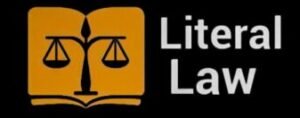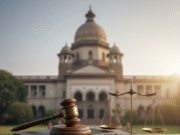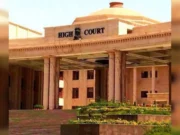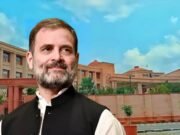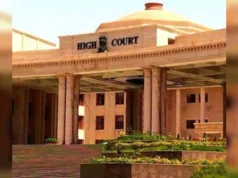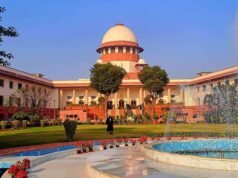Supreme Court Orders Centre to Submit Data on Sanctions Under Section 17A of PC Act for Corruption Probes Since 2018
New Delhi, April 24, 2025 – In a significant move, the Supreme Court of India has directed the Union Government to provide detailed data on sanctions granted or denied under Section 17A of the Prevention of Corruption Act, 1988 (PC Act), for initiating investigations into corruption cases against public servants since the provision’s introduction in 2018. The order reflects the court’s commitment to ensuring transparency and accountability in the enforcement of India’s anti-corruption laws.
A division bench of the Supreme Court stressed the importance of understanding the operational impact of Section 17A, which requires prior approval from a competent authority before any enquiry, inquiry, or investigation can be launched against a public servant under the PC Act. The court has sought specifics, including the total number of sanction applications, approvals granted, rejections issued, and reasons for refusals, if any.
Understanding Section 17A
Introduced via the 2018 amendment to the PC Act, Section 17A mandates prior sanction to protect public servants from arbitrary or motivated investigations while maintaining accountability. However, its implementation has raised concerns about potential delays in probing corruption cases and the discretionary powers vested in sanctioning authorities.
The Supreme Court’s directive follows ongoing scrutiny of the provision’s application, particularly in high-profile cases. Notably, the court is examining whether Section 17A applies when a Magistrate orders an investigation under Section 156(3) of the Code of Criminal Procedure (CrPC), as seen in a case involving former Karnataka Chief Minister BS Yediyurappa.
Court’s Directive
During the hearing, the bench emphasized the need for clarity on the sanction process. “The court requires data to assess how many investigations have proceeded or been halted due to sanctions. This is essential to evaluate the law’s effectiveness,” the judges remarked. The Union Government has been instructed to submit the requested information within a specified period, signaling the court’s intent to closely monitor the issue.
This move is part of the judiciary’s broader effort to balance safeguards for public servants with the need to ensure swift action in genuine corruption cases. Legal analysts see this as a critical step toward refining the scope of Section 17A.
Reactions and Implications
The Supreme Court’s directive has been hailed by legal experts and anti-corruption advocates. “This data will reveal whether Section 17A is being used to shield wrongdoers or protect honest officials,” said Advocate Priya Sharma, a constitutional law specialist. However, critics warn that the prior sanction requirement risks delaying justice, particularly when bureaucratic or political influences come into play.
The court’s call for transparency is expected to fuel debates on reforming the sanction mechanism to prevent misuse while ensuring accountability. The forthcoming data could shape future judicial guidelines on the application of Section 17A.
What’s Next?
The Union Government is now tasked with compiling a comprehensive report, likely detailing sanctions across ministries, departments, and states. The Supreme Court will review this data in upcoming hearings, potentially issuing further directives to address any procedural gaps.
This development underscores the judiciary’s proactive role in strengthening India’s anti-corruption framework. As the nation awaits the Centre’s response, the outcome of this case could significantly influence the future of corruption investigations.
Follow Literal Law for updates on this case and more legal developments shaping India’s judicial landscape.
About Literal Law
Literal Law is your go-to platform for accurate, timely, and in-depth coverage of legal news, judicial decisions, and policy developments in India. From Supreme Court rulings to legislative updates, we bring you the stories that matter with clarity and insight.
Note: For publication, ensure any specific details (e.g., bench composition) are verified and updated as needed to align with the latest information.
